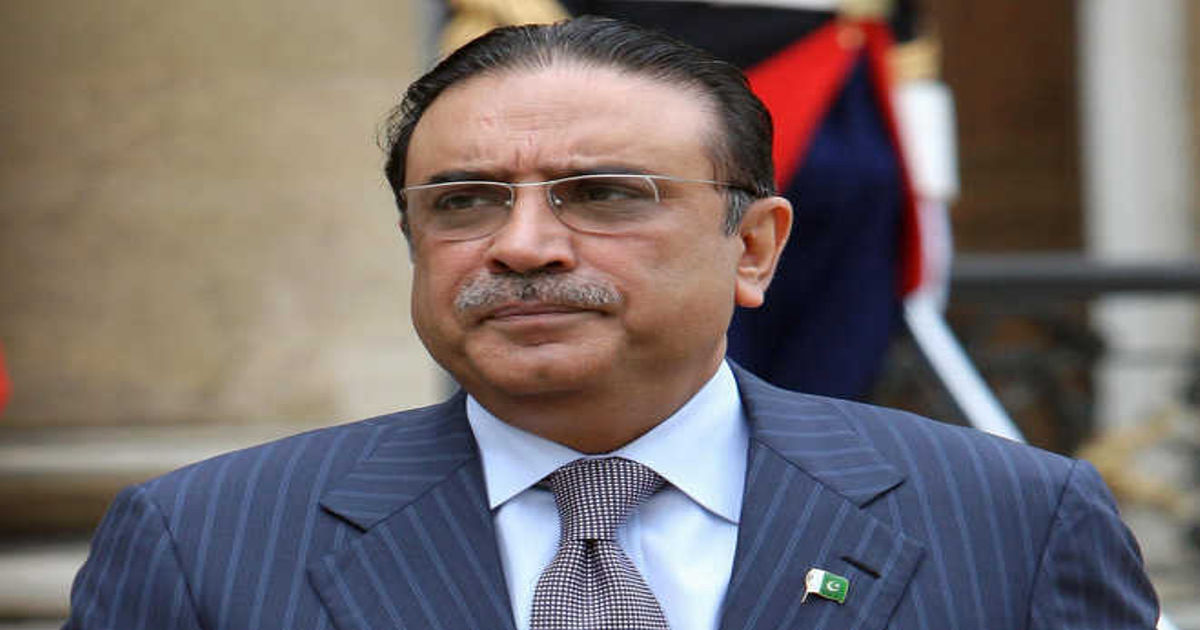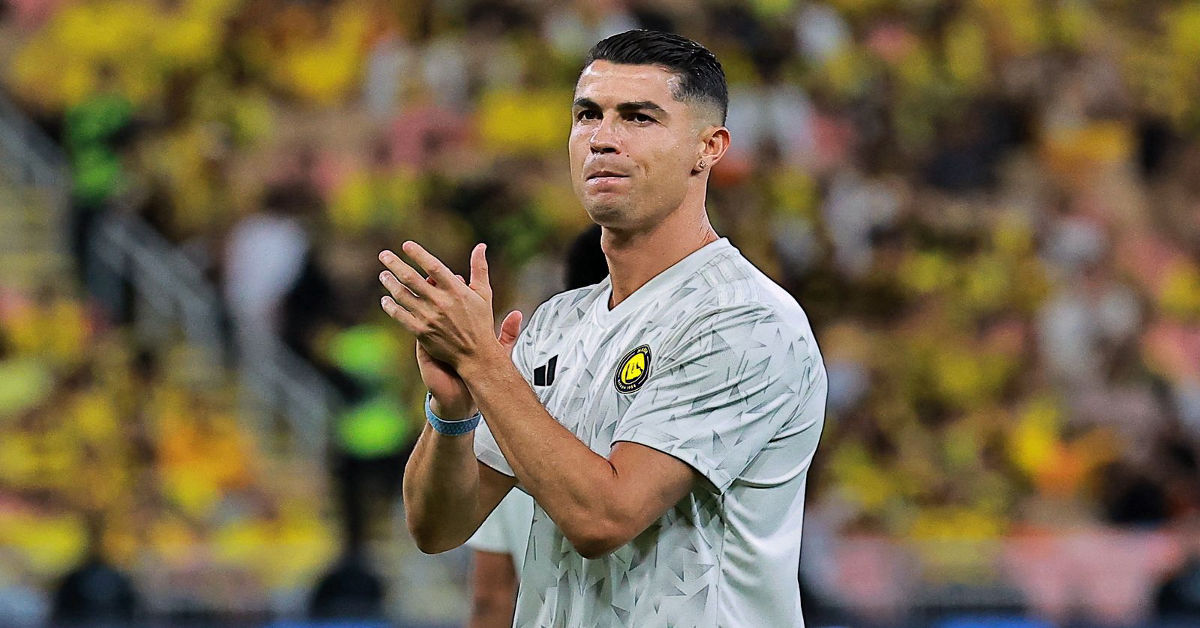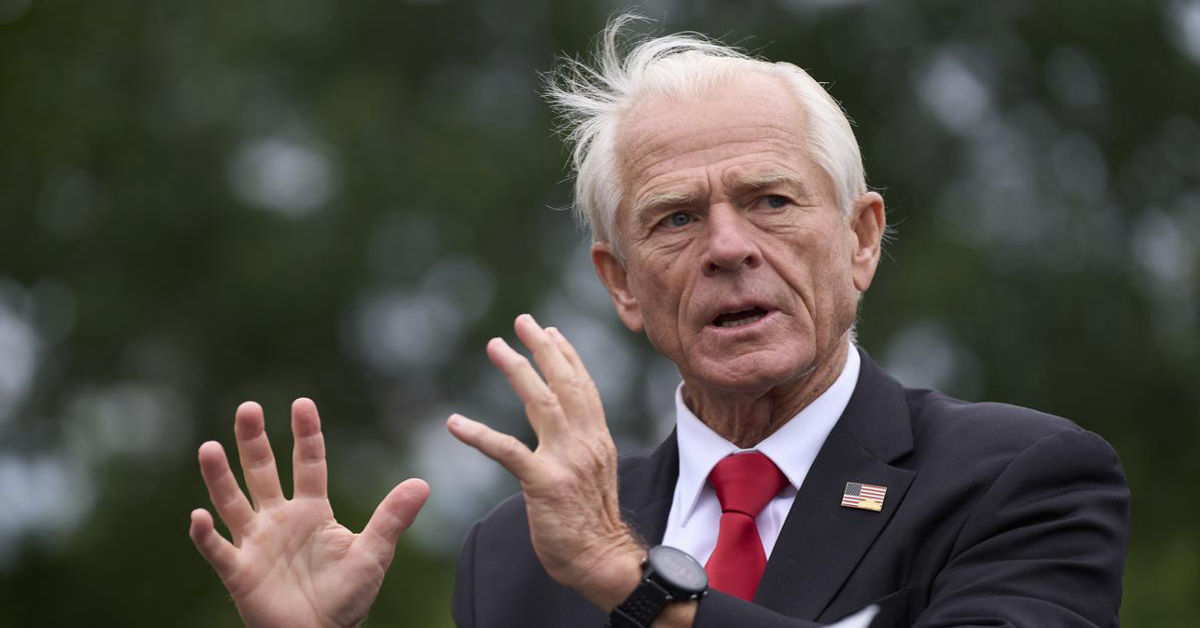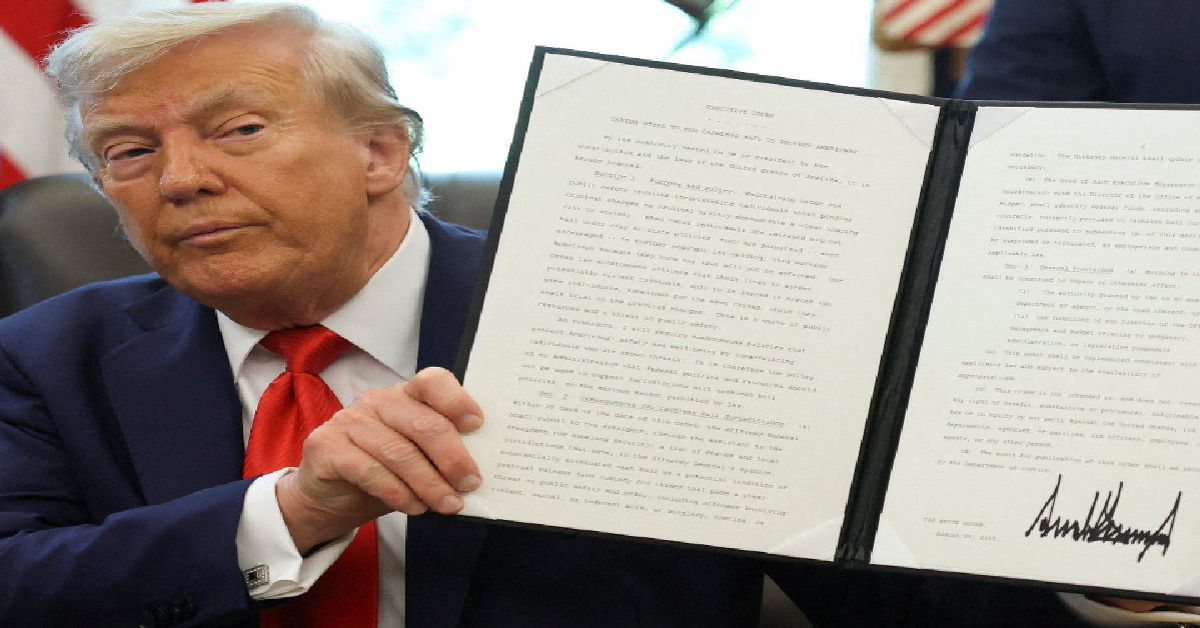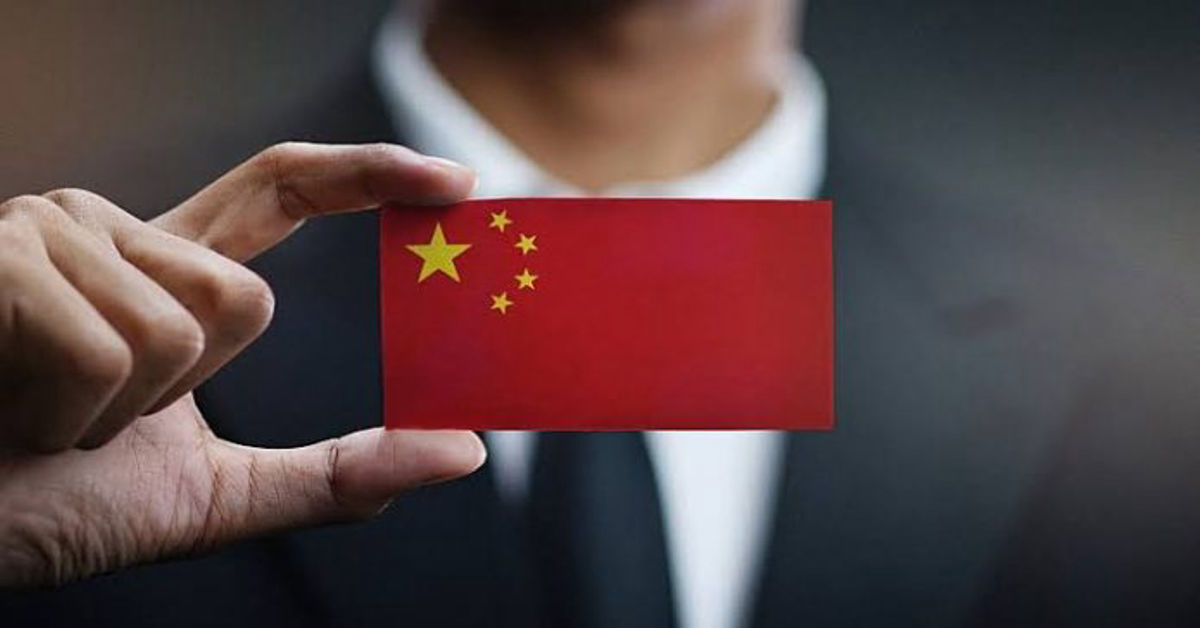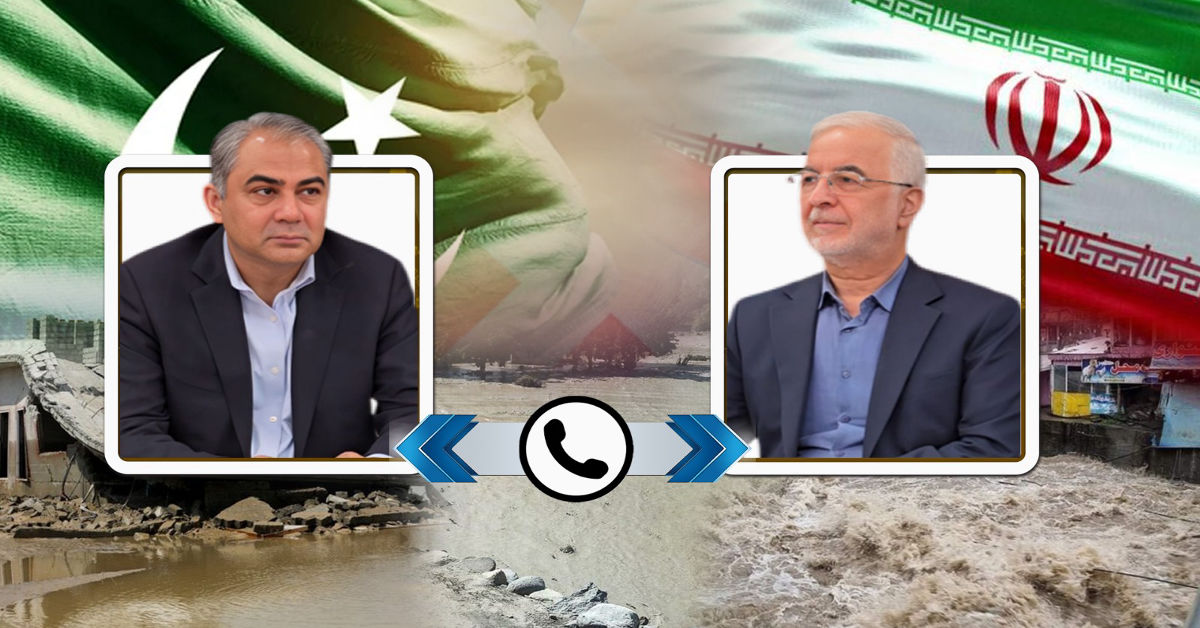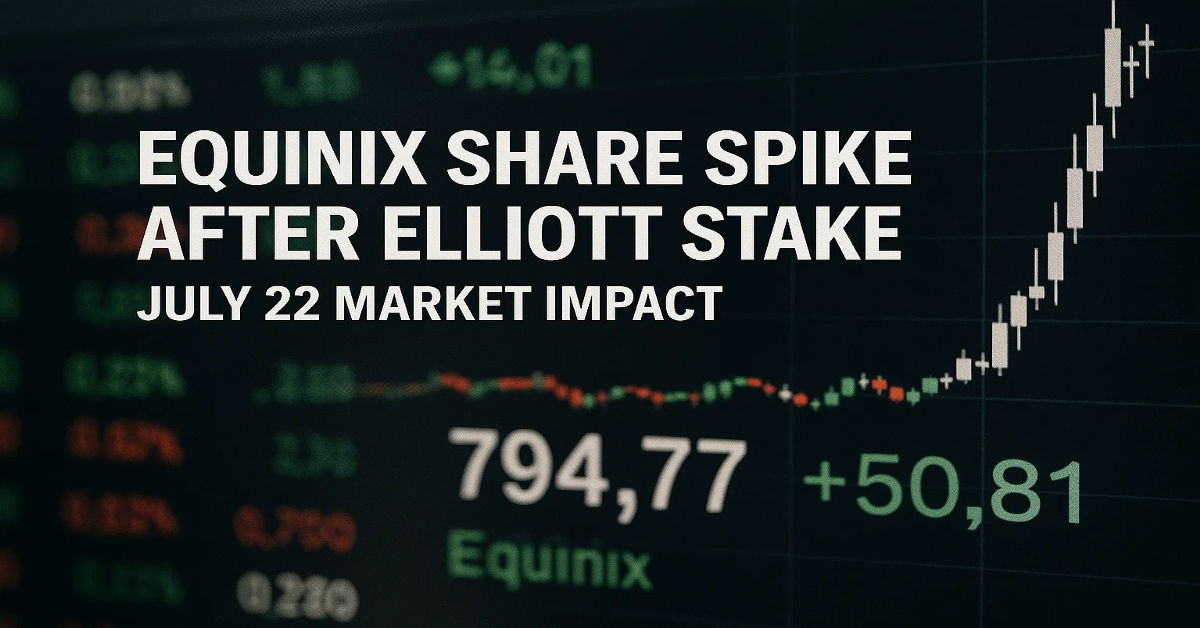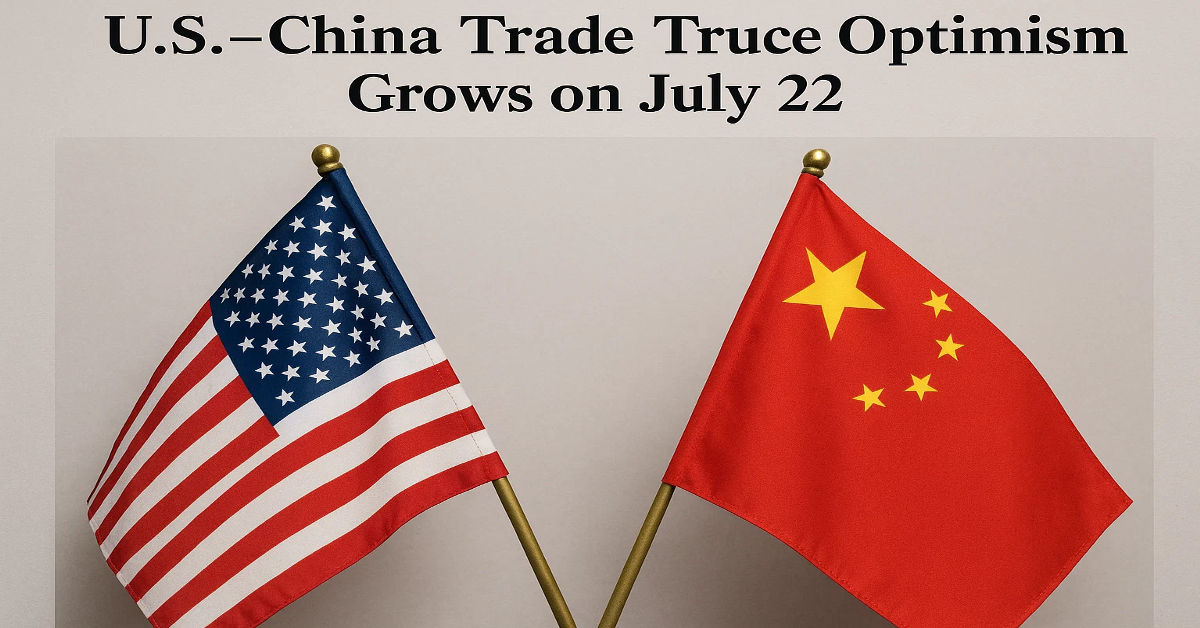
Flutterwave was once hailed as Africa’s leading fintech success story, revolutionizing cross-border payments across the continent. With operations spanning multiple countries and partnerships with global players, the company quickly attracted attention. However, that reputation took a serious hit when allegations surfaced, marking the start of the Flutterwave scandal. Claims of financial mismanagement and internal misconduct began to emerge online, catching both users and investors off guard. Although the company tried to downplay the accusations, the situation escalated rapidly. The scandal prompted widespread concern about ethics and oversight in the startup world. What started as murmurs soon became a full-blown corporate controversy.
Unveiling the Allegations Behind the Scandal
The controversy took shape when whistleblowers many of them former employees revealed troubling patterns inside the company. This included misuse of funds, irregularities in financial reporting, and a toxic workplace culture. Reports of sexual harassment and executive abuse of power further fanned the flames. Though not all claims were supported by official investigations at the time, their consistency raised eyebrows. The fintech sector, long seen as progressive and innovative, was suddenly associated with secrecy and poor governance. As public pressure mounted, Flutterwave faced a storm it could no longer ignore. Questions about how such issues went unchecked for so long dominated the discourse.
Investor Confidence Shaken Amid Turmoil
Before the scandal, Flutterwave had raised over $500 million and was valued at more than $3 billion. However, the scandal began to erode trust among investors, who feared long-term reputational damage. Funders demanded audits, transparency, and detailed accounts of internal controls. The Flutterwave scandal sent a chilling message through the fintech community unchecked growth without robust governance is risky. Many venture capitalists were now wary of blindly backing startups without stringent due diligence. Despite the company’s continued operations, investor hesitation was evident in slowed funding rounds. The dream of turning Flutterwave into Africa’s first global unicorn now faced major obstacles.
Government Agencies Launch Investigations
As the situation grew more serious, regulatory bodies like the Central Bank of Nigeria began formal investigations into Flutterwave’s operations. Officials questioned whether the company held valid licenses and if it had complied with anti-money laundering laws. In Kenya, authorities froze several accounts linked to Flutterwave, citing suspicious financial activity. The company responded by denying any wrongdoing and promised full cooperation with investigators. Despite these assurances, the scandal had already disrupted its business ecosystem. Many of its users especially merchants began migrating to competitors. Regulatory actions signaled that even tech startups would no longer be immune from oversight in Africa’s evolving digital economy.
Internal Reforms
In response to public backlash, Flutterwave took several damage-control steps. The company initiated internal audits, hired external law firms, and revamped its board with compliance experts. However, critics saw these efforts as too little, too late. They pointed out that such structural changes should have been foundational from the beginning. The situation revealed how many startups prioritize rapid scaling over building ethical, well-governed organizations. Former employees who had spoken out were viewed as credible, making the company’s leadership appear negligent. The rush to fix things under pressure further damaged public confidence in the fintech giant.
The African Tech Community Reacts
The controversy sparked divided opinions within Africa’s tech circles. Some defended the company, suggesting that the scrutiny was exaggerated or politically motivated. Others viewed it as a long-overdue reality check for the continent’s tech sector. With minimal oversight and maximum hype, startups in Africa have often operated with few checks and balances. This situation served as a catalyst for discussions on better whistleblower protections and stronger regulatory frameworks. Influential voices stressed that if Africa’s startups are to succeed globally, they must uphold the highest standards of ethics. The incident, while unfortunate, became a powerful case study for reform.
Ripple Effects on the Fintech Ecosystem
The global media quickly picked up on the story, amplifying the impact of the Flutterwave scandal. International investors, once bullish on African startups, began to reevaluate their risk assessments. New fintechs in the region started facing increased compliance requests from partners and funders. Some even reported stalled funding rounds due to association with the sector’s negative image. This collateral damage highlighted how a single scandal can affect an entire industry’s reputation. The pressure was now on other startups to prove their transparency and governance standards. Flutterwave had inadvertently become a symbol of what can go wrong when ethics are sidelined.
CEO Response and Public Perception
Flutterwave CEO Olugbenga Agboola finally addressed the crisis publicly, expressing regret over the company’s governance issues. He acknowledged that growth had outpaced infrastructure and promised to learn from past mistakes. However, many felt the response lacked urgency and failed to directly address serious claims like harassment and financial misconduct. Still, Flutterwave retained a portion of its client base and continued operations. While some observers applauded the CEO’s willingness to engage publicly, others remained skeptical. The scandal left a lasting dent in the company’s image, and public trust remains fragile. Whether Agboola can rebuild credibility remains to be seen.
Road to Recovery and Industry Lessons
Today, Flutterwave is actively working to regain its reputation by enhancing compliance, strengthening partnerships, and engaging stakeholders. However, the road ahead is uncertain. The Flutterwave scandal, while deeply damaging, offers a crucial learning moment for Africa’s digital economy. Founders must recognize that success involves more than scaling it demands integrity, governance, and accountability. For regulators and investors, the event emphasized the importance of vigilance, even in high-growth sectors. If meaningful change follows, the scandal might mark not just the fall of a fintech star but the rise of a more ethical and sustainable African tech ecosystem.
Conclusion:
The event will likely remain one of the most talked-about moments in Africa’s tech history. It serves as a reminder that innovation, while valuable, must be matched with responsibility. As startups continue to emerge across the continent, strong ethics and sound leadership must guide their growth. The Flutterwave scandal may ultimately benefit the broader ecosystem by encouraging transparency and accountability. If lessons are learned and reforms are implemented, the scandal could pave the way for a more resilient digital future. In this sense, Flutterwave’s downfall could still contribute to Africa’s long-term tech success.



